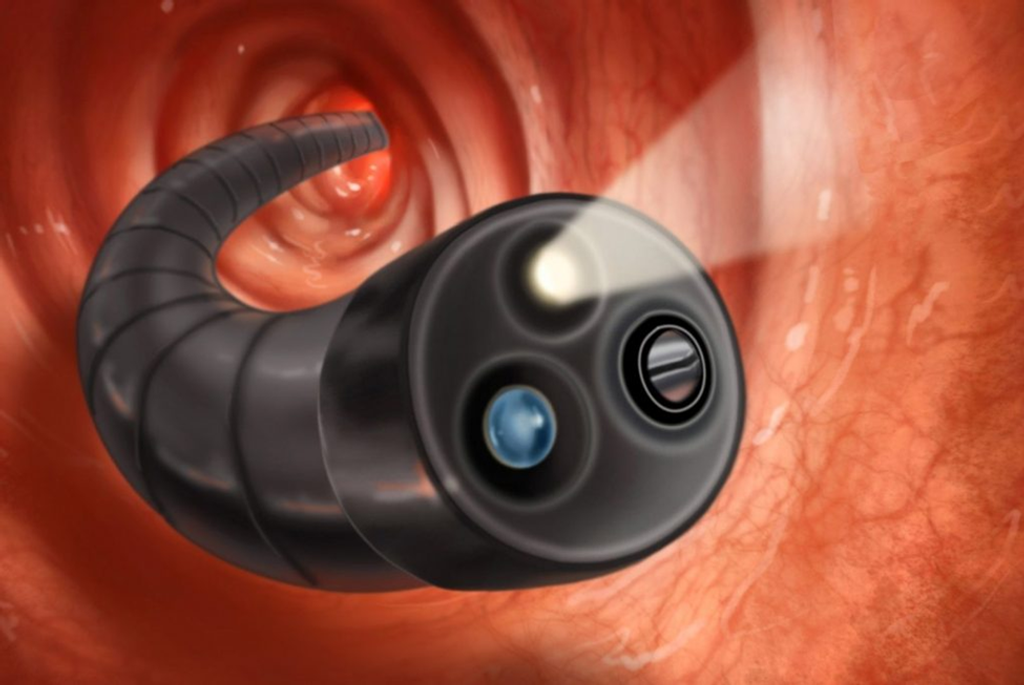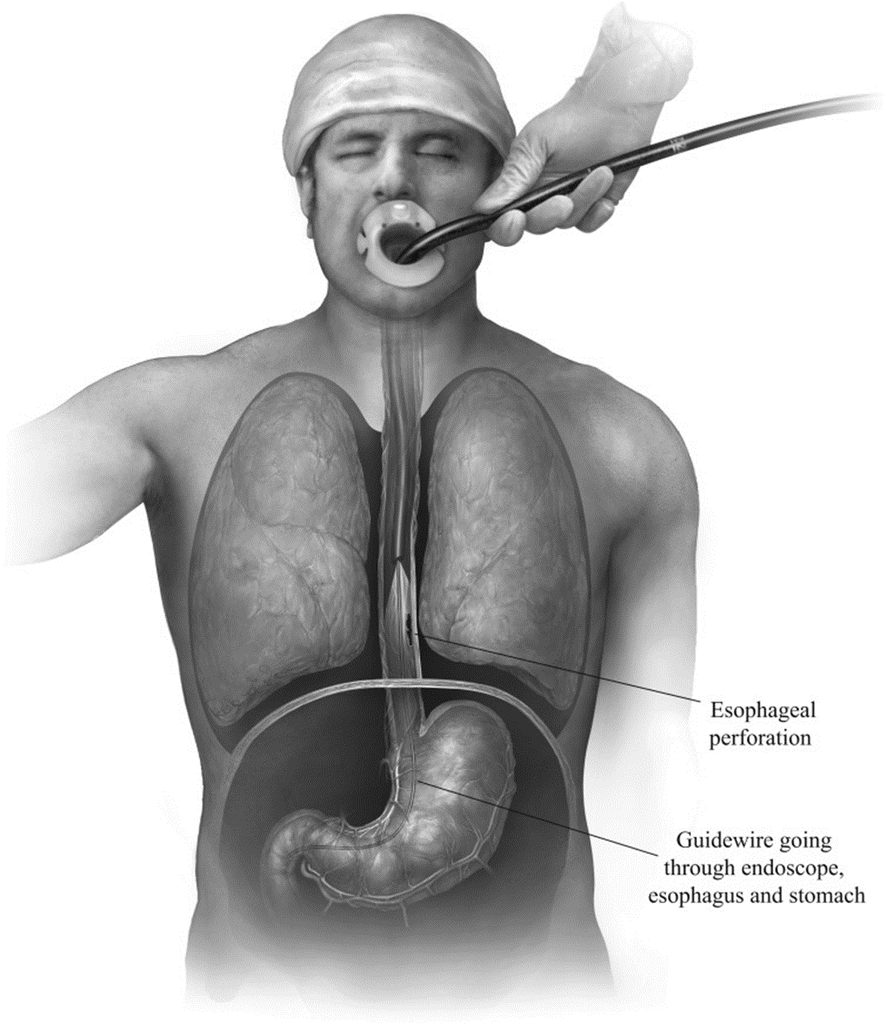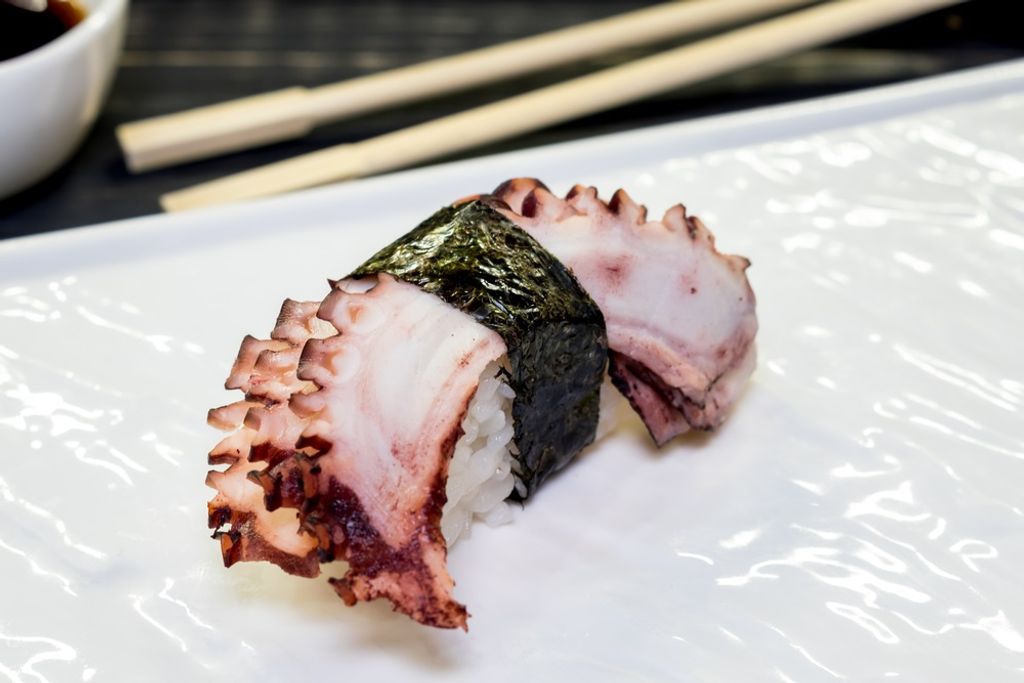In a rare and astounding medical feat, Tan Tock Seng Hospital in Singapore doctors successfully removed a half-eaten octopus lodged in a man’s windpipe. This unprecedented medical extraction highlights the advanced medical techniques employed and serves as a testament to the resilience of the patient and the medical team involved.
This extraordinary incident showcases the advanced capabilities of medical professionals and underscores the potential risks associated with unusual ingestions. In this article, we delve into the details of this remarkable case, exploring the challenges faced by doctors and the cutting-edge techniques employed to ensure the patient’s swift recovery.
The Unusual Dining Incident
The story begins with a 55-year-old man who arrived at Tan Tock Seng Hospital complaining of difficulty swallowing. The medical team did not expect this seemingly routine issue to lead to an extraordinary medical discovery. A computed tomography (CT) scan revealed a hyperdense mass in the patient’s windpipe, prompting immediate concern and further investigation.
The Unprecedented Medical Extraction Oesophago Gastro Duodenoscopy (OGD)

To unravel the mystery within the patient’s windpipe, doctors performed an Oesophago Gastro Duodenoscopy (OGD). This specialized procedure allowed for a closer inspection, unveiling a shocking sight—a half-eaten octopus, complete with suckers, lodged just 5cm from the gastroesophageal junction. The unexpected presence of the octopus posed a unique challenge for the medical team.
Challenges in Extraction
Initial attempts to remove the octopus proved unsuccessful, underscoring the situation’s complexities. However, the medical team extracted the obstructing sea creature with careful maneuvering and specialized forceps. This achievement marked a triumph for the medical professionals and ensured a swift recovery for the patient, who spent just two days in the hospital post-extraction.
Medical Perspective on Foreign Body Ingestion

Foreign body ingestion is not uncommon, with a significant percentage passing spontaneously. However, this case highlights the importance of endoscopic management, which is required in 10 to 20 percent of incidents. Less than 1 percent necessitate surgical intervention. The widely endorsed ‘push technique,’ known for its high success rates, was employed in this case. However, the medical team emphasized the potential risks, particularly esophageal perforation, associated with excessive force during extraction.
Similar Unusual Cases

The incident in Singapore is not an isolated occurrence. Unusual cases involving foreign bodies have been reported worldwide, presenting unique challenges to medical professionals. In 2016, a 2-year-old boy in Wichita, Kansas, was hospitalized after an octopus became lodged in his throat during what was supposed to be a routine sushi session. These cases underscore medical practitioners’ diverse challenges and the evolution of endoscopic techniques for foreign body retrieval.
Implications for Medical Practices
The successful extraction of the half-eaten octopus serves as a milestone in modern medical practices, showcasing the precision and adaptability required to address unprecedented challenges. It highlights the continuous evolution of medical technology and techniques, emphasizing the importance of immediate intervention in such unusual and potentially life-threatening situations.
Patient Recovery and Future Considerations
The patient’s swift recovery post-extraction is a testament to the efficiency of the medical team and the advanced healthcare infrastructure in Singapore. The case also prompts consideration of public awareness campaigns regarding the potential risks associated with foreign body ingestion and the importance of seeking immediate medical attention.
Conclusion
The unprecedented medical extraction of a half-eaten octopus from a man’s windpipe in Singapore not only captivates with its uniqueness but also underscores the remarkable capabilities of modern medical practices. As the medical field advances, these extraordinary cases serve as valuable learning experiences, pushing the boundaries of possibilities for patient care. In this case, the successful outcome stands as a beacon of hope and a testament to medical professionals’ dedication, expertise, and adaptability in the face of the unexpected.
Reference
- Doctors flabbergasted after finding octopus in patient’s throat [Internet]. New York Post. Accessed on March 05, 2024. Available from: https://nypost.com/2023/07/05/doctors-shocked-after-finding-octopus-in-patients-throat/
About Docquity
If you need more confidence and insights to boost careers in healthcare, expanding the network to other healthcare professionals to practice peer-to-peer learning might be the answer. One way to do it is by joining a social platform for healthcare professionals, such as Docquity.
Docquity is an AI-based state-of-the-art private & secure continual learning network of verified doctors, bringing you real-time knowledge from thousands of doctors worldwide. Today, Docquity has over 400,000 doctors spread across six countries in Asia. Meet experts and trusted peers across Asia where you can safely discuss clinical cases, get up-to-date insights from webinars and research journals, and earn CME/CPD credits through certified courses from Docquity Academy. All with the ease of a mobile app available on Android & iOS platforms!







